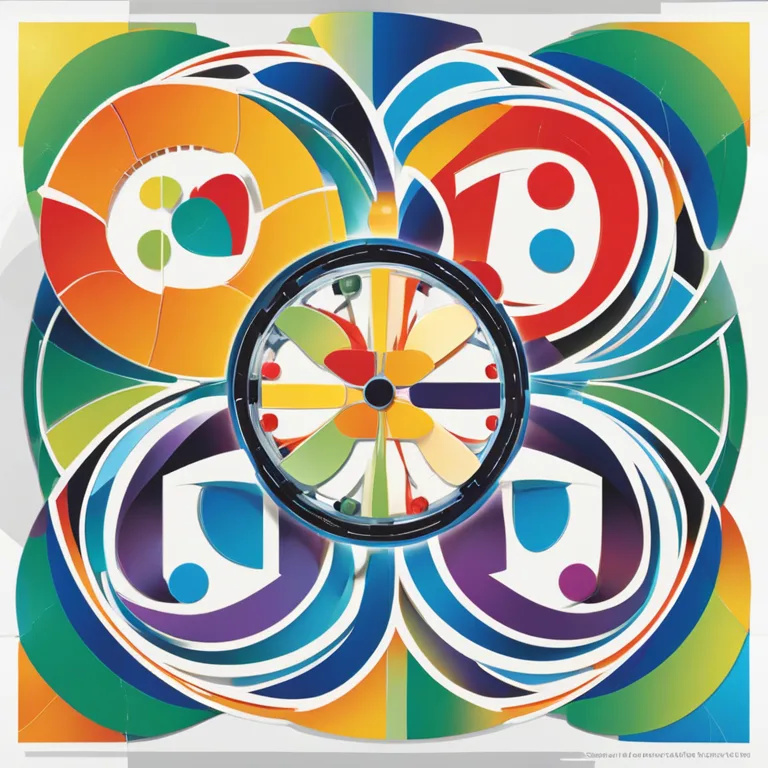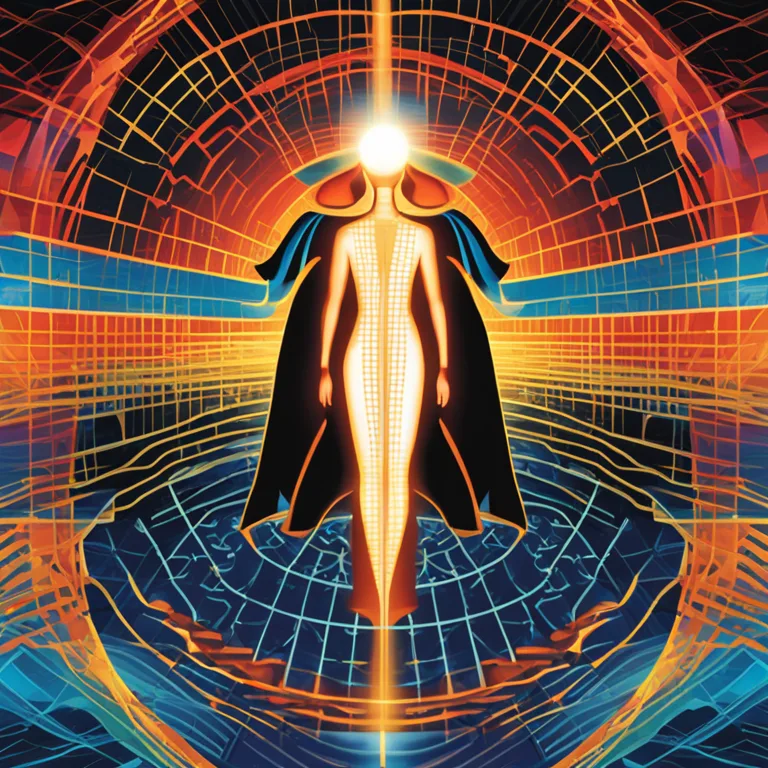
The Biorhythm Debate: Can They Predict Your Life’s Patterns?
Examine the concept of biorhythms, the science behind them, and whether they should be trusted as a tool for predicting personal well-being and potential.
article by Adrian Wallace
Introduction to Biorhythms
What are biorhythms, and where did they originate? Rooted in a hypothesis dating back to the 19th century, biorhythms are believed to be biological cycles that affect our physical, emotional, and intellectual abilities. These cycles supposedly start from birth and influence us throughout our lives. As they impact an individual's performance, understanding, and feelings, followers of biorhythm theory often use them to predict the ebb and flow of their lives. But is there scientific evidence to back up their influence? That is the pivotal question we'll delve into, as we discern the methodologies and interpretations behind biorhythm theory.

The Science Behind Biorhythms
First, let's look at the concept of biorhythms from a scientific perspective. Three primary cycles are said to govern our lives: the 23-day physical cycle, the 28-day emotional cycle, and the 33-day intellectual cycle. Critics argue that the arbitrary lengths of these cycles lack empirical foundation. In contrast, some modern research has shown correlations between human behavior and cyclic patterns, such as the circadian rhythm. However, biorhythms extend beyond what is widely accepted in scientific literature, causing debate about their legitimacy. With technology advancing, can new studies in chronobiology shed more light on these patterns?

The Power of Belief
Observation tells us that belief can influence personal experience. Those who follow biorhythms might feel attuned to the predictions they receive, potentially triggering a placebo effect. If an individual is convinced that they are in a low phase of their physical cycle, they may indeed feel less energetic. This psychological influence highlights a key aspect of biorhythms: they intertwine with the power of the human mind. In the realm of personal well-being and fulfillment, belief systems can significantly sculpt our perceptions and experiences.

Technological Influence on Biorhythm Calculations
Recent advancements in technology have had an impressive impact on the world of biorhythms. With the advent of sophisticated software, mobile applications, and wearable tech, the tracking and calculation of these cycles have become more accessible and in-depth. Users can now input their birth data and receive detailed analyses and forecasts. Yet, does such convenience validate the role of biorhythms in our lives, or does technology merely amplify a traditional practice without increasing its factual accuracy?

Critical Analysis and Debunking Myths
While there's a segment of enthusiasts who swear by the influence of biorhythms, critical analysis tends to debunk its predictions as pseudoscience. Numerous studies challenging biorhythm theory have found no consistent link between the cycles and life events. These revelations prompt a more skeptical view that targets our tendency to find patterns where none exist—a phenomenon known as pareidolia. This tendency is vital in understanding why biorhythms can seem accurate when, in reality, they may be coincidental.
Conclusion: Personal Choice and Biorhythms
Ultimately, the question of whether biorhythms "really work" might be less about scientific validity and more about personal choice and belief. While there is no conclusive scientific backing for biorhythms, it’s undeniable that they have garnered a following. As with most things in the vast universe of metaphysical exploration, what may hold true for one individual might not resonate with another. The decision to integrate biorhythms into one's life, therefore, remains an individual one, made with acknowledgment of their controversial nature and the strength of subjective experience.
Published: 12/28/2023
Modified: 12/28/2023
More predictions
Come back here soon to learn more about yourself and your future


Biorhythm Compatibility & Birthdays
Discover the intriguing connection between your birthday biorhythms and relationship harmony in our insightful article.


Exploring Human Biorhythmic Cycles
Explore the fascinating concept of biorhythms and their influence on physical, emotional, and intellectual faculties in humans.


Biorhythm Theory: Fact Or Fallacy?
Explore the fascinating concept of biorhythms to discern if there's any scientific accuracy behind this popular belief.